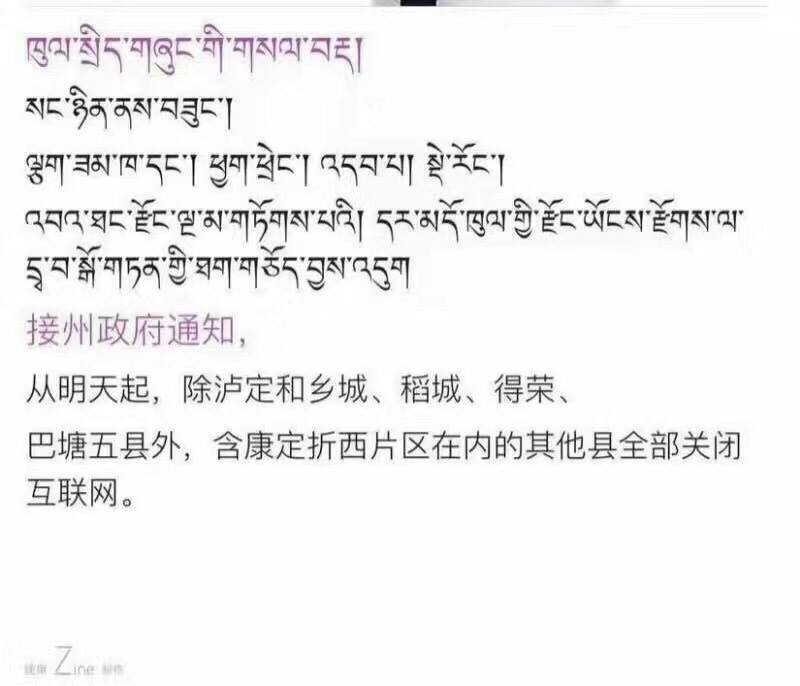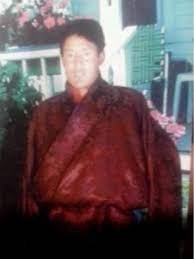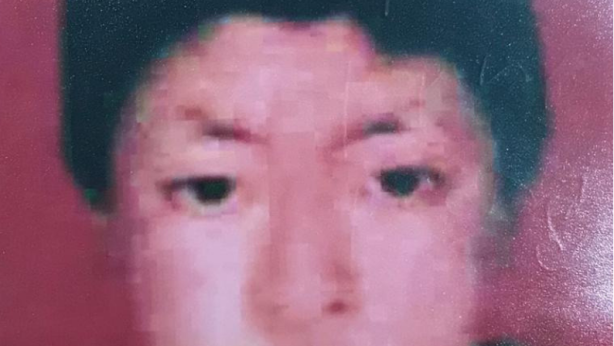In a politically sensitive month, Tibetan youth self-immolates to protest China’s repression

A Tibetan youth set his body on fire to protest the lack of freedom in Tibet and call for the return of Tibetan spiritual leader Holiness the Dalai Lama.
Pema Gyaltsen, 24, staged the self-immolation protest at around 4 pm local time on 18 March near Tsokha Monastery in Nyagrong (Ch: Xinlong) County in Kardze (Ch: Ganzi) Tibetan Autonomous Prefecture, Sichuan Province.
Exile Tibetan sources reported that Pema called on the Chinese authorities to allow the Dalai Lama to return home while denouncing the lack of freedom in Tibet. Soon after he staged his protest, local police arrived on the scene and took him away to an unknown hospital in the provincial capital of Chengdu.
There is conflicting information on the status of Pema with some sources saying that he died on the spot and that his charred remains are with the local Chinese police. Others state that he is likely being treated for burn injuries. Due to communication clampdown, it has become difficult to ascertain Pema’s exact status.
Pema Gyaltsen, also known as Pegyal, hails from Chayul Village, Nyagrong County. Son of Wangyal and Yulha, he was the eldest among five siblings and the sole breadwinner of the family. He became the second Tibetan to self-immolate in Nyagrong. In February last year, another Tibetan Kalsang Wangdu died of self-immolation in Nyagrong. He was a monk at Tsokha Monastery, near where Pema Gyaltsen carried out the self-immolation protest. With Pema Gyaltsen’s self-immolation, the total number of known self-immolation protests in Tibet has increased to 147.
Police beat relatives
About ten relatives of Pema were arbitrarily detained overnight and subjected to severe beatings and torture when they approached the County Public Security Bureau office to enquire about Pema’s condition and whereabouts. Exile Tibetan sources said the County police officers detained the unidentified relatives, beat them and forced them to stand for the entire night. They were released the next day after their respective township officials provided guarantee letters. They are now suffering from acute pain in their legs and spinal cord.
The Tibetan Centre for Human Rights and Democracy (TCHRD) strongly condemns the arbitrary detention and mistreatment of Pema’s relatives, and protests the misuse of official powers by local police. The police action against Pema’s relatives, part of the routine silencing and intimidating tactics by Chinese authorities, is in violation of Chinese law and international law. The County police officers responsible for beating and torturing Pema’s relatives must be made accountable for their illegal actions. Proper compensation must be paid to the relatives to cover their medical expenses.
Communication clampdown
On 9 March, local authorities ordered indefinite suspension of internet services in 13 of the 18 counties in Karze Tibetan Autonomous Prefecture, according to information shared by an anonymous user on WeChat. The five counties of Chaksam (Ch: Luding), Chatreng (Ch: Xiangcheng), Dabpa (Ch:Daocheng), Derong (Ch: Derong) and Bathang (Ch:Batang) have been spared of the internet blackout. TCHRD is unable to ascertain whether the order was issued verbally or via written directive.
Chinese authorities strictly control all communication networks in Tibet and more so during March, which is considered a politically sensitive month, prone to protests and acts of resistance by Tibetans. 10 March is the anniversary of the 1959 Tibetan uprising against Chinese occupation, followed by Tibetan women’s uprising on 12 March. Since 2008, Tibetans have also observed 14 March as the anniversary of the Great Earth-Rat Uprising that later sparked a series of protests against Chinese occupation in many parts of Tibet, particularly on 16 March in Ngaba when armed Chinese police shot dead a number of Tibetan protesters.



